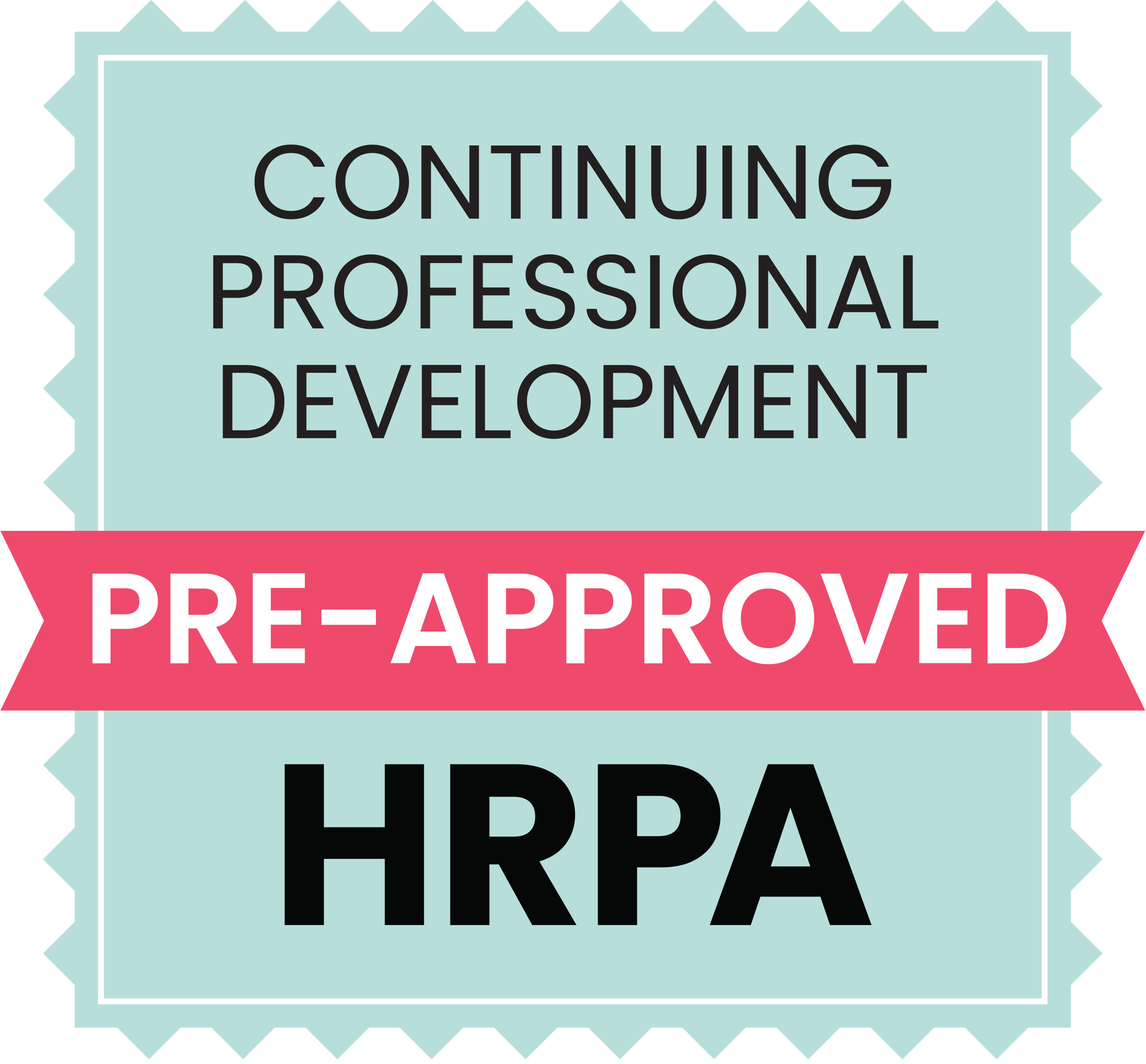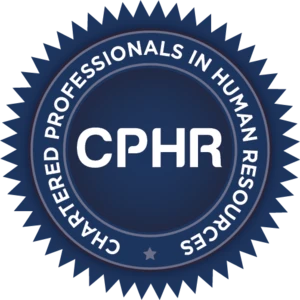May 31, 2016
In the modern digital era, it is becoming increasingly challenging, and necessary, to draw a clear line between the point where the employer’s right to manage its workforce ends and the point where the employee’s right to privacy begins. In this audio conference, Lancaster’s experts will examine the intersection of business interests and employee privacy rights in contemporary workplaces, focusing on such issues as:
- Balancing employee privacy rights with management rights: Has the Supreme Court of Canada’s ruling in Irving Pulp and Paper affected the scope of, and arbitral approach to, management rights? Is a balancing of interests approach now mandated in all cases where employer rules impact on employee privacy rights? Are arbitrators in all Canadian jurisdictions now required to use a balancing of interests or “reasonableness” approach when assessing the admissibility of covertly obtained video surveillance evidence? How is the balance of interests being struck in cases where employers have attempted to mandate flu shots, or other infection-control measures that impact on employee privacy?
- Conducting computer surveillance at work: What is the status of an employee’s right to privacy in the workplace? How do the decisions in R. v. Cole and Jones v. Tsige affect the scope of privacy rights and the permissibility of employer surveillance in the workplace? Are employers permitted to monitor employees’ computer/internet use at work? Can employers use internet-tracking technologies to investigate potential misconduct by employees? Can an employer install specialized software to track internet and computer use? What are the limits of the employer’s use of GPS or cellphone tracking technologies to monitor employees? Will personal information stored on smart phones, laptops or other devices that employees are expected to take home attract greater protection than information stored on computers that do not leave the workplace? How do the approaches taken by arbitrators compare with those of privacy commissioners on these issues?
- Monitoring off-duty social media use: Do employees have a reasonable expectation of privacy in their Facebook pages, Twitter accounts, YouTube postings, blogs, website postings, e-mails, or text messages? Can employers monitor employees’ social media accounts to make sure they are not making statements or engaging in activities that would harm the employer’s reputation? Does it matter if the employee restricts access to his or her social media pages through privacy settings? Is it permissible for an employer to pose as another person to gain access to an employee’s social networking site? Does an employer’s tracking of employees’ social media use amount to the collection of personal information subject to privacy legislation?
- Preventing privacy breaches: What can employers and unions do to safeguard against privacy breaches by employees? What policies and procedures have proven effective in this regard? Will appropriate policies and procedures serve as an employer defence against being held vicariously liable for privacy breaches by employees? In light of the decision in Jones, are employers legally entitled to make use of monitoring software to prevent intentional breaches of privacy by employees? Is it advisable for employers to install monitoring systems for this purpose?

The Human Resources Professionals Association (HRPA) has approved Lancaster House as a Continuing Professional Development Partner, guaranteeing that participation in our audio conferences will be accepted by the HRPA for CPD credit.

This audio conference in Lancaster’s Summer 2016 Series has been approved by the HRMA for CHRP recertification credits.
- This audio conference has been approved by the Law Society of British Columbia for 1.5 Continuing Professional Development hours.
- This audio conference has been approved by the Law Society of New Brunswick for 1.5 Continuing Professional Development hours.
- This audio conference has been approved by the Law Society of Saskatchewan for 1.5 Continuing Professional Development hours.
- CPD for Members of the Law Society of Upper Canada: 1.5 Substantive Hours; 0 Professionalism Hours.
- Members of the Nova Scotia Barristers Society may count this program for 1.5 Continuing Professional Development hours.

